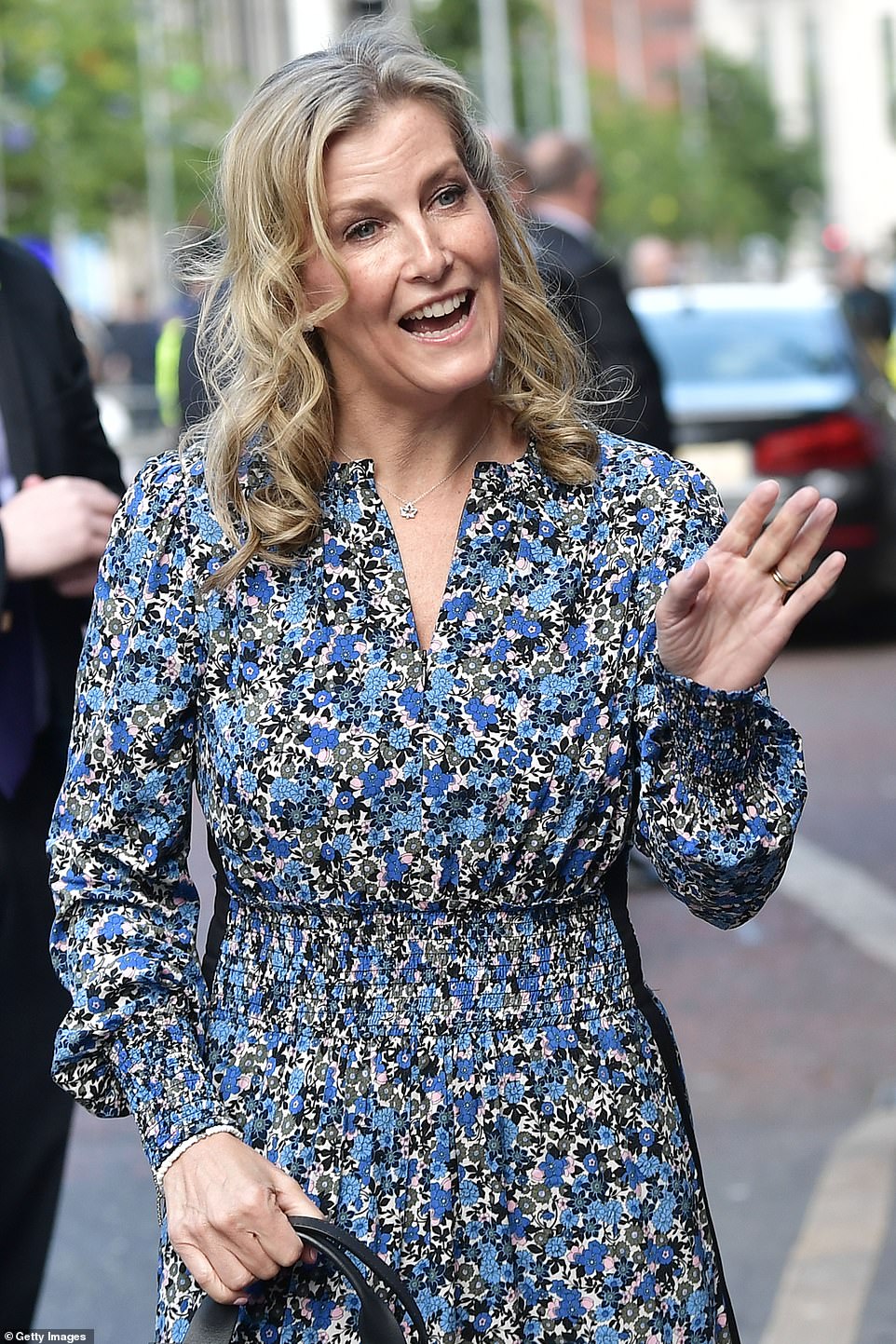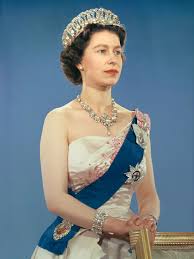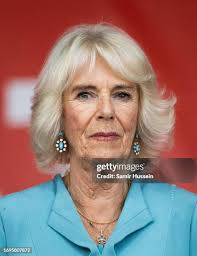
Introduction
Sophie, Duchess of Edinburgh, has recently come into the spotlight following her husband, Edward, Earl of Wessex, being granted the title of Duke of Edinburgh. This evolution in nobility highlights the important role that Sophie plays within the British Royal Family, particularly in areas like charity work, public engagements, and her progressive approach to royal duties. This article explores her significance and contributions during this transformative time.
Recent Developments
In March 2023, the late Duke of Edinburgh’s title was passed on to Edward, and Sophie has seamlessly adapted to her new role as the Duchess of Edinburgh. With her husband now the Duke, Sophie has taken on additional responsibilities, signifying a shift in royal duties as King Charles III focuses on modernising the monarchy. Engaging in public service has been a long-standing commitment for Sophie, who has participated in a wide range of charitable organisations throughout her life.
Her advocacy work, particularly in areas such as mental health, disability, and women’s rights, aligns with current societal issues and the UK’s broader cultural movements. Sophie’s genuine approach to her duties has earned her respect across the nation and internationally. Notably, she has taken part in numerous public engagements in 2023, focusing on fostering connections and community support.
Public Perception and Impact
Sophie has become a relatable figure within the royal family, often described as down-to-earth and approachable. Her efforts resonate particularly with younger generations, showcasing a modern face of the monarchy that is rooted in compassion and advocacy. Recent polls have suggested that public approval ratings for the Duchess are rising, reflecting a strong ability to engage with the public and respond to contemporary issues. Such trends illustrate a vital role she plays in revitalising perceptions of the monarchy.
Conclusion
Sophie, Duchess of Edinburgh, emerges as a significant figure in the evolving narrative of the British monarchy. As she continues to embrace her title and charity work, she is helping to bridge the gap between tradition and modern values in royal engagements. The effects of her involvement will likely shape both the future of royal representation in the UK and public attitudes towards the monarchy as a whole. It will be interesting to observe how Sophie’s contributions develop in the coming years and how they may redefine royal expectations.
You may also like

Prince William: Legacy and Modern Influence in the Royal Family

Queen Elizabeth: Her Legacy and Influence on Modern Britain
